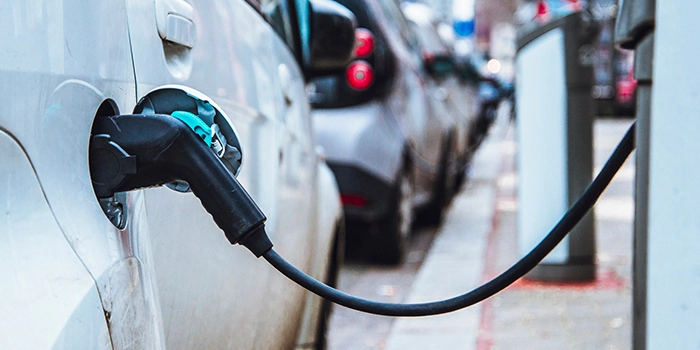Should You Buy an Electric Car? Take This Quiz


Should you opt for an all-electric vehicle, hybrid, or stick to a gas-powered vehicle? Learn more about the types of electric cars to discover which may be right for you.
The biggest variable between plug-in hybrid (PHEVs) and all-electric vehicles (EVs) is the driving range.
There are two types of PHEVs:
So which type of vehicle is right for you? Take the quiz below to determine if you’re ready for an electric. The answer may surprise you.
What’s your level of commitment to the environment?
If you answered C, then you are probably ready for an EV. If you answered B, a PHEV might be the better fit. And if you answered A, you may even want to stick to a gas-powered vehicle. Your habits and lifestyle needs, covered in the next few questions, will help you decide.
What is your current vehicle status?
If you chose B or C, you might be ready for your first EV. If you have a backup car for longer-range needs, or if you’ve been driving a PHEV for a while and rarely need to fill the tank, it might be time to make the EV leap.
What are your needs regarding extended car travel?
If you chose B or C, you might be ready for an EV. The key is to decide whether you take enough longer trips where range is an issue or if you’re comfortable with the idea of having to charge frequently.
What is your daily commute like?
If you chose B or C, you might be ready for an EV. The length of your commute will determine whether an EV makes sense. If you do have a longer commute, you could still opt for a PHEV.
Where do you live?
Again, if you chose B or C, an EV is a possibility, but if you chose A, you may need to stick to a gas-powered vehicle or buy a PHEV.
No matter which car you choose, your local Farm Bureau agent is here to assist you with any auto insurance needs.